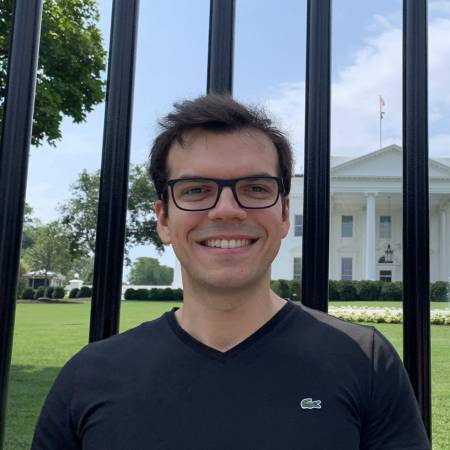
Abstract: We build a rigorous bridge between deep networks (DNs) and approximation theory via spline functions and operators. Our key result is that a large class of DNs can be written as a composition of max-affine spline operators (MASOs) that provide a powerful portal through which we view and analyze their inner workings. For instance, conditioned on the spline partition region containing the input signal, the output of an MASO DN can be written as a simple affine transformation of the input. This implies that a DN constructs a set of signal-dependent, class-specific templates against which the signal is compared via a simple inner product; we explore the links to the classical theory of optimal classification via matched filters and the effects of data memorization. Going further, we propose a simple penalty term that can be added to the cost function of any DN learning algorithm to force the templates to be orthogonal with each other; this leads to significantly improved classification performance and reduced overfitting with no change to the DN architecture. The spline partition of the input signal space that is implicitly induced by an MASO directly links DNs to the theory of vector quantization (VQ) and K-means clustering, which opens up new geometric avenues to study how DNs organize signals in a hierarchical fashion. To validate the utility of the VQ interpretation, we develop and validate a new distance metric for signals and images that quantify the difference between their VQ encodings.
Bio: Randall Balestriero completed his Bachelor’s and Master’s Degree in France in Applied Mathematics and Computer Science. During this time, Randall got introduced to research in deep learning by working with Prof. Stephane Mallat’s group on the Scattering Network for bioacoustic tasks. After his Master’s, Randall joined Rice University for a PhD with Prof. Richard Baraniuk where he has spent most of his time on developing a theoretical bridge between deep networks and spline operators. After graduating, Randall joined Meta AI as a postdoctoral researcher with Prof. Yann LeCun with the hope to further reconcile theory and best practices in Deep Learning.
Homepage: : https://randallbalestriero.github.io
Sponsored in part by: Facebook Reality Labs Pittsburgh
